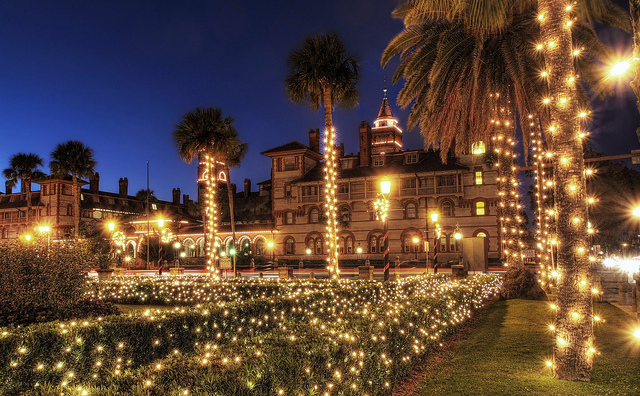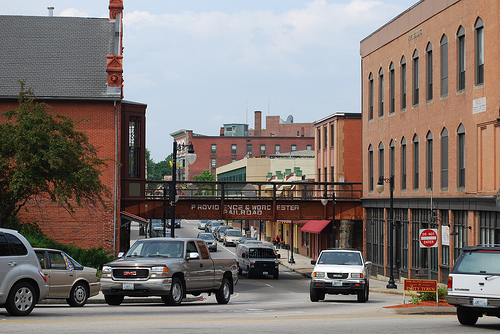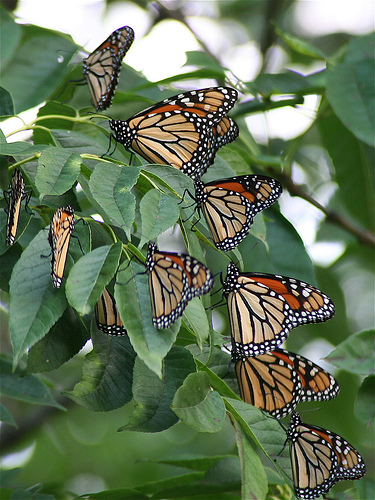The week of Freddie Gray’s funeral, after the rallies and the marches, after the west side ignites and the camera crews descend upon our city, the helicopters swarm in two clusters—one to the east side and one to the west, a steady thunking all-day-and-night stutter. It’s the sound of tension hovering—a sound that makes people stop on the sidewalks and stare up at the sky.
We live on a busy street of tall old houses between the two sides of the city that are being watched from the air and a couple miles north of the downtown tourist area of glass storefronts and office buildings, where a human wall of police officers and national guard troops stretch along the inner harbor, watching at eye level, men and women holding guns and shields with handfuls of coiled plastic handcuffs attached to their uniforms. We are surrounded by the noise of what’s happening, but we are removed from any sense of risk: we are not afraid of the police; we are not afraid of our neighbors; there is no merchandise being protected by force. It is an exaggerated version of how I often feel in Baltimore—safe but not far from people who do not feel safe.










